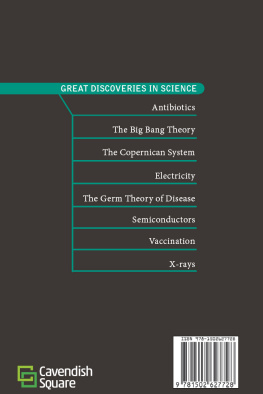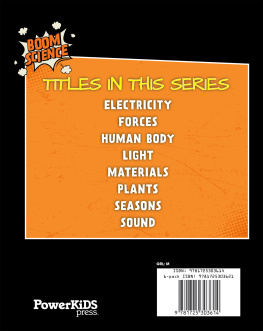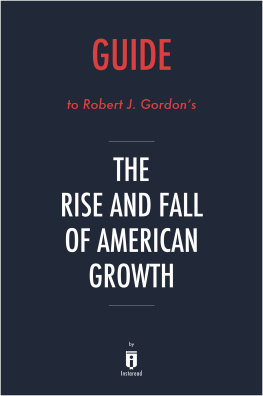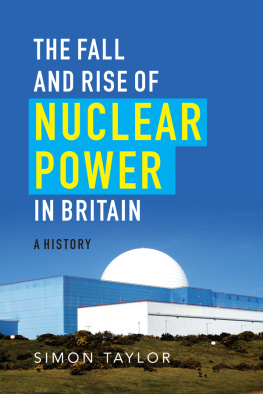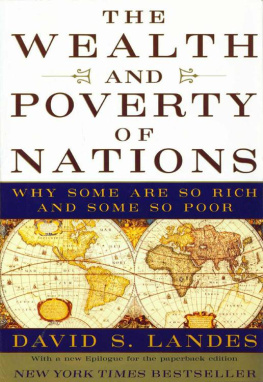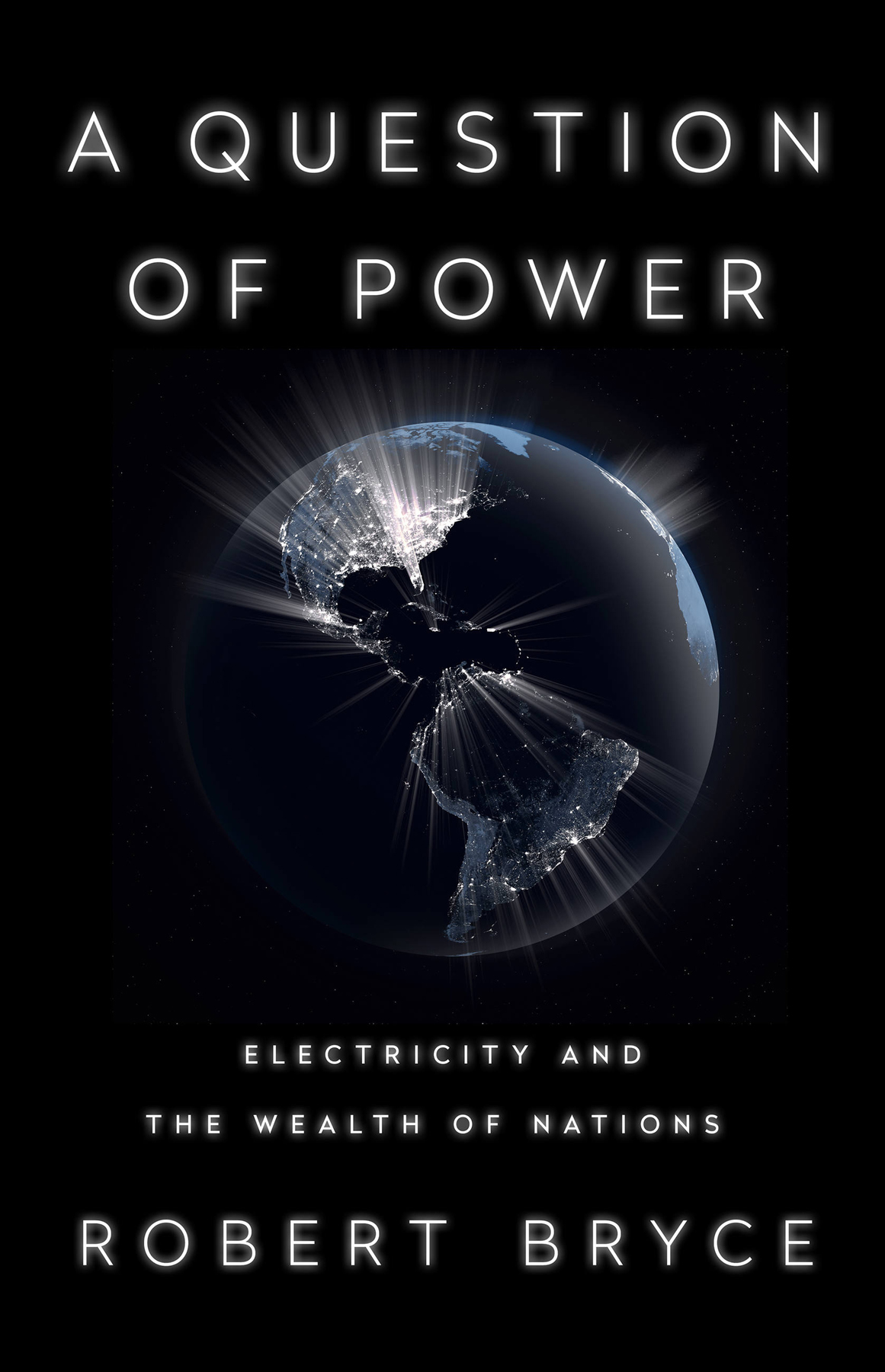Robert Bryce - A Question of Power: Electricity and the Wealth of Nations
Here you can read online Robert Bryce - A Question of Power: Electricity and the Wealth of Nations full text of the book (entire story) in english for free. Download pdf and epub, get meaning, cover and reviews about this ebook. year: 2020, publisher: PublicAffairs, genre: Science. Description of the work, (preface) as well as reviews are available. Best literature library LitArk.com created for fans of good reading and offers a wide selection of genres:
Romance novel
Science fiction
Adventure
Detective
Science
History
Home and family
Prose
Art
Politics
Computer
Non-fiction
Religion
Business
Children
Humor
Choose a favorite category and find really read worthwhile books. Enjoy immersion in the world of imagination, feel the emotions of the characters or learn something new for yourself, make an fascinating discovery.

- Book:A Question of Power: Electricity and the Wealth of Nations
- Author:
- Publisher:PublicAffairs
- Genre:
- Year:2020
- Rating:3 / 5
- Favourites:Add to favourites
- Your mark:
A Question of Power: Electricity and the Wealth of Nations: summary, description and annotation
We offer to read an annotation, description, summary or preface (depends on what the author of the book "A Question of Power: Electricity and the Wealth of Nations" wrote himself). If you haven't found the necessary information about the book — write in the comments, we will try to find it.
If, in the ancient world, it was guns and germs and steel that determined the fates of people and nations, in modern times it is electricity. No other form of power translates into affluence and influence like it. Though demand for it is growing exponentially, it remains one of the most difficult forms of energy to supply and to do so reliably. Storage is even harder. This paradox has shaped global politics, affected the outcome of wars, and underlies the growing chasm between rich and poor, educated and uneducated. It is changing the game for business, and the requirements of national defense. It is altering the landscape, and complicating the task of dealing effectively with climate change.
In this book, Robert Bryce explains the unique nature of electricity as a commodity. He draws on stories from history to illustrate the stunning impact of our quest to harness it, illuminates exactly what is required to successfully sustain it, and explores the impact on societies and individuals when it collapses.
As billions of people around the world still live in darkness, the gap between the electricity haves and have-nots widens, with profound political and ethical consequences. Modern life, even civilization, has become ever more dependent on a source of energy that must be produced locally and in the moment, in a reliably steady stream at particular wattage, conveyed on wires strung on poles or threaded through pipes. If the lights go out, so does our manner of living, with potentially devastating consequences.
Robert Bryce: author's other books
Who wrote A Question of Power: Electricity and the Wealth of Nations? Find out the surname, the name of the author of the book and a list of all author's works by series.

